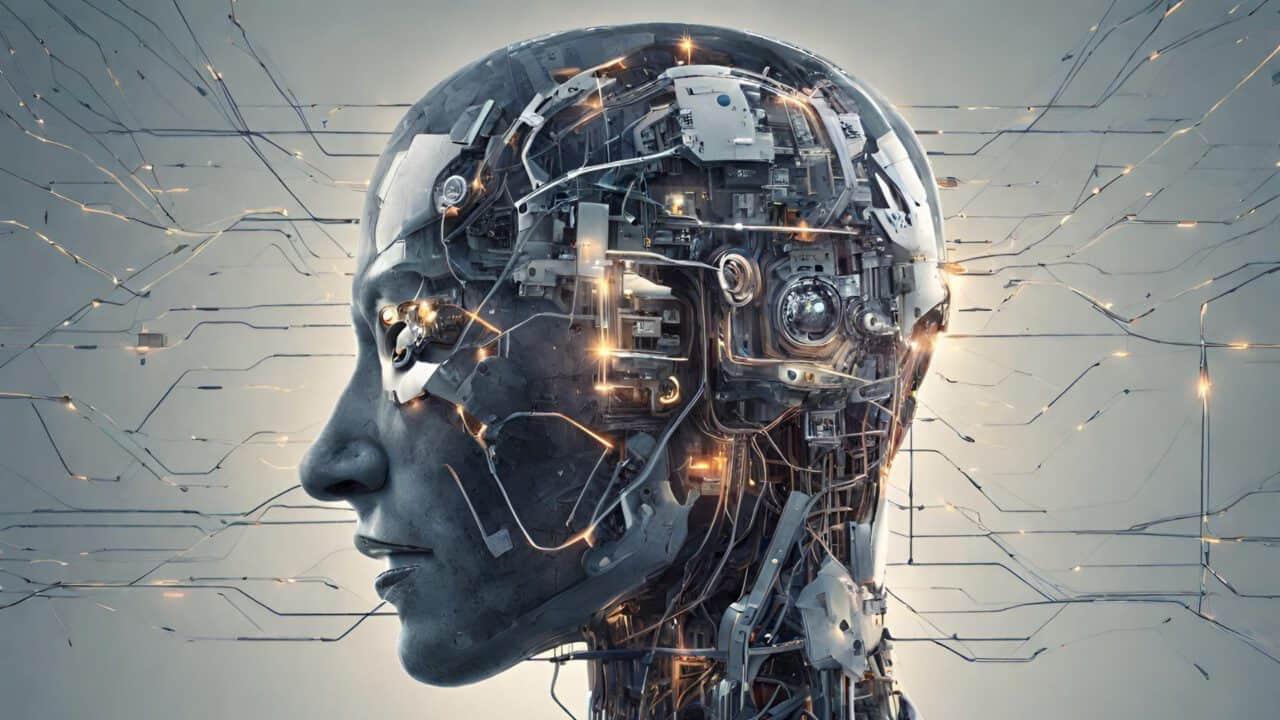Abu Dhabi
Source: Al-Ittihad Newspaper
Emirati Thinkers
Professor Dr. Ali Mohammed Al-Khouri
Over the past two decades, a digital revolution has swept the world, reshaping human, economic, and cultural relations and establishing a new model of the digital economy and profound social transformations. This revolution was not merely a series of technical innovations or technological developments isolated from human and social contexts, but rather a comprehensive qualitative transformation that impacted all aspects of life. In the “global homeland,” where youthful aspirations for modernization and change prevail, this digital revolution has created promising opportunities for growth and innovation. At the same time, it has also created unprecedented challenges for societies and governments, specifically around issues of cultural identity, digital privacy, and social cohesion.
Cultural Identity
According to the literature of the humanities and social sciences, cultural identity is not a static concept, but rather a dynamic construct influenced by social, economic, and technological conditions. With the rapid spread of the internet and social media in Arab countries, young people have been given opportunities to explore world cultures. However, this openness, despite its positive aspects, has raised profound questions about the impact of this digital revolution on local values.
Recent studies conducted in some Arab countries demonstrate a direct and interconnected relationship between the expansion of the user base of digital platforms, the weakening of young people’s attachment to traditional cultural values, and their increasing adoption of new concepts from outside the local sphere that do not necessarily align with the cultural roots of societies.
Added to this is the widespread and systematic use of algorithms that deliberately deliver content designed to influence individual behavior and create so-called “filter bubbles,” a phenomenon produced by digital algorithms that display content consistent with individuals’ interests and online behavior. This phenomenon reduces individuals’ exposure to other viewpoints, leads to intellectual isolation, and reinforces one-sided perceptions of various issues.
Digital Privacy
Personal privacy is another complex and contentious issue, where individuals’ desire to protect their data collides with technology companies’ push to breach invisible boundaries. Data has become the new most valuable commodity, with the increasing collection and analysis of user data for economic gain. The objectives of these practices are not limited to targeted advertising, but extend to influencing individuals’ choices, behavior, and even their values.
In the Arab context, the absence of strict data protection legislation and the lack of enforcement mechanisms amid the expansion of international platforms into local markets raises concerns that this data could be exploited to influence individuals’ private lifestyles and choices, potentially deepening the cultural and social crisis. If the importance of establishing clear national laws that protect digital privacy and impose transparency on technology companies continues to be ignored, Arab societies will remain vulnerable to dangerous repercussions that threaten their privacy and cultural identity.

Social Cohesion
The social impacts of digital technology also include a decline in direct human interaction, a key element in building social cohesion. Psychological studies indicate that direct interaction is a pivotal factor in building trust and effective communication between individuals, while digital interaction tends to create superficial relationships devoid of human depth. With the majority of daily interactions moving to virtual digital platforms, a growing segment of individuals is experiencing loneliness, depression, anxiety, psychological detachment, and a decline in social ties.
Rates of depression and anxiety among Arab youth are on the rise, with statistics and studies conducted in Arab countries indicating that a growing number of young people are experiencing high levels of anxiety due to excessive use of social media. This psychological detachment not only threatens the mental health of individuals but also affects the stability and cohesion of societies.
Recommendations for Policymakers
It is clear that acknowledging the challenges posed by the digital revolution requires developing a strategic framework that views technology not only as a tool for economic growth, but also as a means of comprehensive development in all its social, economic, and cultural dimensions. This framework must be based on achieving a balance between these dimensions and confronting the phenomenon of intellectual polarization, which seeks to isolate members of society from their shared identity and values, weaken the sense of belonging, and affect societal stability. The following axes illustrate the general trends that can be taken into account within this framework.
National Legislation and Policies
The most important need for policymakers in the Arab world is to design national legislation that takes into account various dimensions, particularly those related to digital privacy protection and ensuring that data is not exploited for commercial or political purposes without clear and explicit user consent. This must be accompanied by the establishment of independent oversight bodies to ensure compliance with these legislations. The European Union’s General Data Protection Regulation (GDPR) model is an important reference that can be used in drafting local national and Arab laws. Furthermore, the existence of a unified government platform that enables citizens to control their data and review how it is used is worthy of study and implementation, following current global practices, to raise the level of transparency and trust between individuals and institutions.
Digital Content
In parallel, it is crucial to invest in developing national digital platforms that offer quality content and encourage the production of purposeful and inspiring content that raises awareness of societal issues and reflects cultural identity and local values. This support could include establishing funding funds to support investment in youth projects and providing incubators and incentives to engage youth in producing content that highlights ethical and cultural values. This support should also include avoiding the prevailing patterns on social media platforms, which often lack depth and contribute to distorting public thought and taste.
Digital Education
Reducing the phenomenon of digital isolation requires developing educational curricula and introducing “digital education” courses. These are two strategic requirements to raise youth awareness of the importance of balancing the digital and real worlds. Curricula should be based on the concept of “responsible use of technology” and address issues of time management, privacy, and cybersecurity. They should also develop critical thinking skills to differentiate content and avoid being confined to narrow information or intellectual circles that could lead to cognitive biases. It is also essential to support direct, interactive programs and activities that reduce total reliance on technology, such as arts, sports, and volunteer activities.
Civil Society
Government institutions and civil society must play an active role in engaging community members, whether through local events or volunteer work, which contribute to building social bonds based on cooperation and community service. Current activities often lack in-depth content and have little impact on the patterns of thought and behavior that motivate individuals to interact positively with their surroundings. What is required here is to engage broader segments of society and focus on creating interactive spaces that enable individuals to cooperate and participate actively in groups, within a framework that preserves cultural heritage and shared values.
Family
The family remains essential in building and cohesive society, maintaining social ties, and ensuring the mental health of individuals, given that it is the primary institution that shapes individual awareness and instills values and behaviors. This role goes beyond guidance and monitoring, extending to involving the family as an active partner in efforts to build a balanced society that promotes human values and instills the concept of responsible technology use. Therefore, the state’s role begins with raising awareness among parents, conveying this important message to them, and empowering them to fulfill this role through all means and methods, ranging from technological tools to educational curricula, as well as transitioning parents to a stage of early maturity that enables them to manage family affairs wisely.
Integrated Solutions
Finally, confronting the challenges of the digital revolution requires a comprehensive approach that redefines the relationship between citizens and technology, such that national policies are based on achieving a balance between openness, technological development, and the preservation of cultural identity and moral values. Among the recommendations proposed here is the establishment of a cohesive structure whose pillars build on each other and complement each other, ensuring tangible and sustainable results and consolidating the concept of positive digital citizenship.












